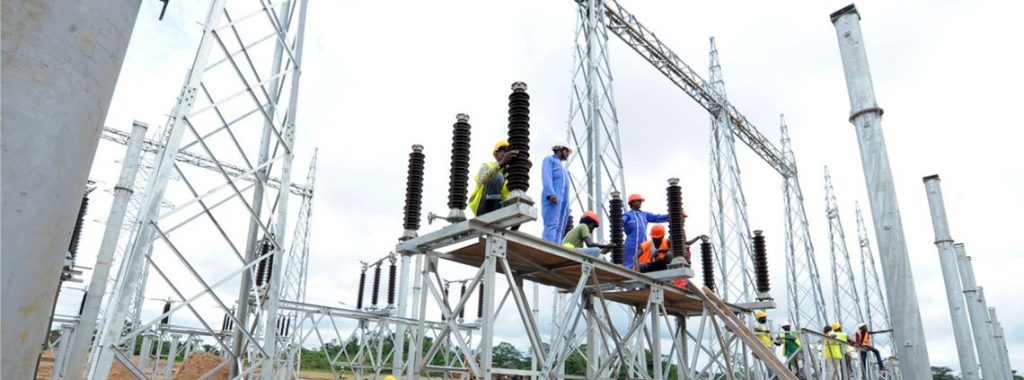How special economic zones are helping Africa to industrialise

The creation of special economic zones (SEZs) and industrial parks (IPs) in African countries is helping the continent move towards industrialisation, the president of the African Export-Import Bank (Afreximbank) has said.
In a speech to the African Union (AU) on industrialisation and economic diversification, Benedict Oramah said the bank was working with African governments on project worth $900m to develop and expand IPs and SEZs.
Projects have been implemented or are ongoing across 10 African countries, according to Oramah, including two industrial parks in Malawi and one under development in Côte d’Ivoire. Discussions to create new parks are also underway in DRC, Zambia, Rwanda, Kenya and Botswana.
Africa’s first SEZ was created in Mauritius in 1970 and, according to the UN Conference on Trade and Development (UNCTAD), there were 237 special economic zones in Africa in 2020, with Kenya leading with 61 of the zones.
However, UNCTAD also noted that most SEZs in Africa had failed to match the performance of similar projects in southeast Asia.
Oramah said the bank had created a pooled procurement platform – the Africa Trade Exchange (ATEX) – which was helping African countries to save costs when procuring grains, edible oils and fertilisers.
Since the start of the Ukraine war, the bank has funded more than $5bn in procurement of food, fertiliser and grains by AU member states, he said.
Oramah said that building a supply chain for the automotive sector could help drive industrialisation in Africa.
“Given that there are more than 30,000 parts in an average vehicle, the auto industry presents a good opportunity for building regional value chains and driving industrialisation,” he said.
“That is why we are working in collaboration with the African Association of Automotive Manufacturers, the African Union Commission and the African Continental Free Trade Area secretariat to promote the emergence of an automotive value chain in Africa.”
Oramah also said the bank had helped finance the development of a continental auto strategy and provided a grant to finance its implementation.
And the bank is working with partners to champion the emergence of an auto pact between African states to help develop an automotive value chain, he added.

